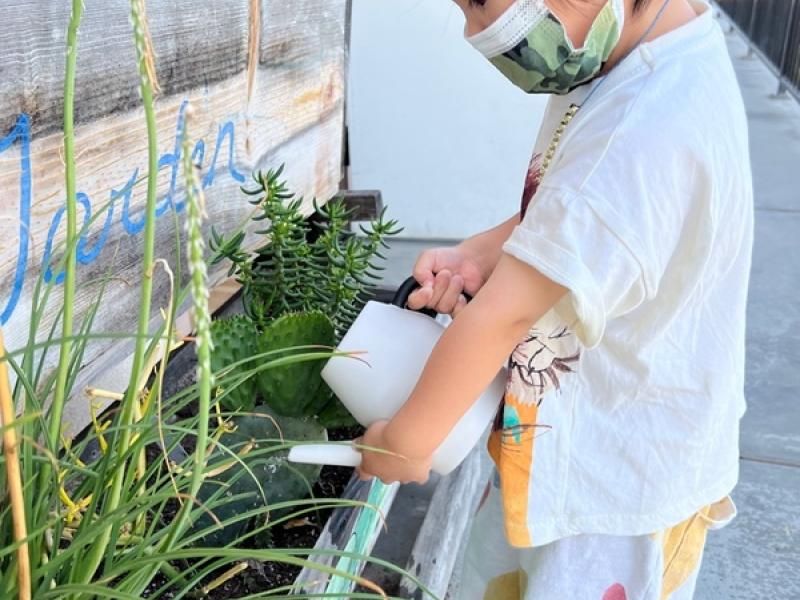There is a brilliant film entitled, 'Mother Nature's Child'. It spoke about the relationship of the child with nature and its importance in the development of human beings. The term "biophilia" literally means "love of life or living systems." It was first used by Erich Fromm to describe a psychological orientation of being attracted to all that is alive and vital. Edward O. Wilson uses the term in the same sense when he suggests that biophilia describes "the connections that human beings subconsciously seek with the rest of life." He proposed the possibility that the deep affiliations humans have with nature are rooted in our biology. Unlike phobias, which are the aversions and fears that people have of things in the natural world, philias are the attractions and positive feelings that people have toward certain habitats, activities, and objects in their natural surroundings.
Human organisms are based on nature, yet we are gradually detaching from nature because of the world in which we live today. We seem to focus our energy on things that are manmade and are very attracted to them. There is nothing wrong with technology and it is a huge part of our lifestyle, however, we must find a good balance between the two. Maria Montessori says, '... if for the physical life, it is necessary to have the child exposed to the vivifying forces of nature, it is also necessary for his physical life to place the soul of the child in contact with creation....' When the child is at one with nature, Mother Nature's Child, they have a sense of wonder which not only creates peace within themselves but they will also develop a form of love with their world and the universe as a whole. They are present in life and compassionate. They know how to be calm, quiet, and still. More so, Rachel Carson, an American marine biologist and conservationist whose writings are credited with advancing the global environmental movement, stated that 'if the child is to keep alive his inborn sense of wonder, he needs the companionship of at least one adult who can share it, rediscovering with him the joy, excitement, and mystery of the world we live in.' It is our responsibility as adults to make sure that the children are in contact with nature.
Maria Montessori believed that nature talks directly to children. She said "The land is where our roots are. The children must be taught to feel and live in harmony with the Earth." Children are already spontaneous observers. They often see what we adults don't normally pick on. So, what can we do to help further support their curiosity and help them build a stronger relationship with nature?
Here are a few things:
- Go for walks at a park, in the woods, at the beach.
- Let your child climb trees, on sandy hills, or on grassy hilltops if at all possible.
- Collect pine cones, leaves, seeds, shells, and so on.
- Draw pictures of birds, other animals, plants, clouds, and anything else which you may have observed.
- Encourage your child to closely observe insects or animals in the wild.
- Go for extended hikes or camp outside overnight.
- Spend a day at a lake and observe the things you wouldn't normally see in your neighborhood.
- Grow plants from seeds or sprouts, taking care of the garden or yard.
- Just have time to be outside. Let your child lead you as they will naturally gravitate to doing something to explore nature.
In addition, many San Diego based organizations offer family activities involving nature, some of which are listed here.
There is also a wonderful book by Richard Louv called The Last Child In the Woods to check out.
Enjoy the outdoors and Mother Nature's Child!
-Ms. Vicki, Bumblebee Teacher


